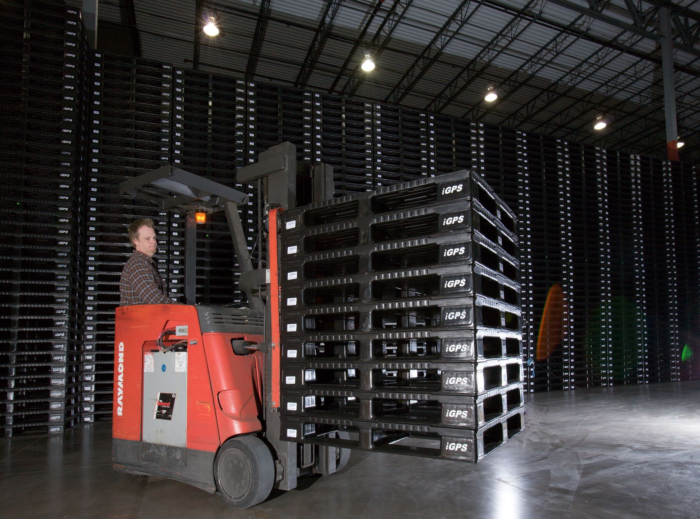In response to pandemic uncertainty, logistics managers are closely examining how to lower freight costs by increasing efficiency, reducing waste, minimizing risks, and spending smarter. While the pandemic’s long-term impact on the shipping industry is difficult to foretell, short-term uncertainty has had a significant impact on freight rates. By September 2020, rates on some trucking routes had doubled in a market that already faced rising rates due to the complexities of light-freight, last-mile, and just-in-time delivery.
Luckily, there are methods for shippers to cut costs.
3 Ways To Lower Freight Costs
Here are a few ways that companies lower freight costs:
- Try to ship during off-peak hours or days. Since the best times to ship are also the most expensive, companies are re-examining these traditional “best times.” While this doesn’t always work with just-in-time shipping, companies that can deliver overnight or on the weekend can potentially see lower rates.
- Reduce Less-Than-Load shipping. Empty space is the enemy of efficiency. Reducing less-than-load consignments can save on fuel, labor, and time. Companies that cannot regularly fill loads can seek partnerships to facilitate load consolidation.
- Reduce dunnage. While dunnage can prevent pallets and goods from crashing into each other, dunnage also takes up space and increases weight and cost.
Additionally, by transitioning to stronger and lighter plastic pallets, companies can discover even more supply chain savings.
Plastic Pallet Pooling for Lower Freight Costs
 Pallets represent a largely unrecognized way to save money. While wood pallets have been the standard for decades, forward-looking companies seeking to reduce their total cost of business (TCOB) have chosen to transition to plastic pallets.
Pallets represent a largely unrecognized way to save money. While wood pallets have been the standard for decades, forward-looking companies seeking to reduce their total cost of business (TCOB) have chosen to transition to plastic pallets.
The long-term benefits of plastic pallets enable businesses to realize significant savings.
The long-term benefits of plastic pallets enable businesses to realize significant savings. First, sturdier plastic pallets reduce costly damages over the long run. Likewise, plastic pallets are more easily stackable, and easier stacking reduces the chances of injury or human error. Stackable plastic pallets also facilitate automation, as it’s much easier for machines to lift, move, and stack uniform plastic pallets.
But most companies look for short-term benefits, too, and pooling can positively impact a company’s bottom line. Plastic pallet pooling enables companies to rent pallets that cycle through the supply chain—from the manufacturer to the retailer, to the pallet depot, and back again.
How does pallet pooling save money? There are several ways:
- Purchasing pallets is expensive. Companies need hundreds, and sometimes thousands, of pallets to maintain continuity throughout their supply chain. These kinds of expenses do not just add up, they multiply.
- Owning pallets is risky. Pallets can break, and wood pallets are prone to splintering and cracking, putting employees and products at risk. Additionally, pallets are sometimes lost or stolen. Broken, lost, or stolen pallets reduce profits.
- Companies are responsible for their pallets. In theory, pallets are used and reused throughout the supply chain, and they are always in motion. We know that isn’t always the case, though; pallets oftentimes lie unused, and empty pallets must also be retrieved.
- Companies must store their own pallets. If a company owns pallets, they must own enough for peak times, resulting in unused pallets during off periods.
Pooling pallets enables companies to take advantage of the benefits of plastic pallets while leveraging the flexibility of a rental service.
Small Decisions, Big Impacts
Implementing a pooled plastic pallet program into your supply chain might not seem as far-reaching as fully automating a warehouse, but transitioning to plastic pallets will enable you to save money and reduce waste throughout the supply chain.
While the pandemic has changed nearly everything, it hasn’t changed the need for companies to reduce expenses. Renting pallets enables businesses to lower freight costs while securing that most elusive asset in these uncertain times—peace of mind.
To learn how the iGPS pallet pooling program can help you navigate pandemic uncertainty while increasing your supply chain efficiency, give our team a call at 1-800-884-0225, email a specialist at switch@igps.net, or visit our contact page.



